COVID-19 has taken a toll on the mental health of a vast number of Americans. Prior to the pandemic, from 2013 to 2016, 8% of American residents self-reported symptoms that would be considered markers for moderate or severe depression. However, in June 2020, four months after the initial sheltering in place and stay at home mandates warranted by COVID-19, the number of Americans reporting symptoms for moderate and severe depression increased more than three-fold to 27%.
The challenges of staying alive and healthy during a pandemic- while grappling with financial instability; mounting debt due to job stoppage, reduction, or job loss; the stress of homeschooling children and caring for family; the disruption to education, work, and daily life; and the separation from extended family, friends, and community to adhere to social distancing – have created and American populace especially vulnerable to psychological and mental distress.
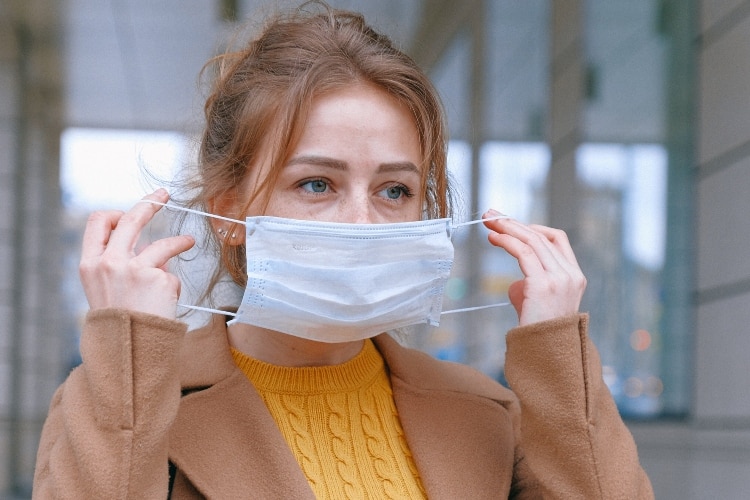
The extended bouts of isolation, boredom, domesticity, lack of recreation, and resulting stress, anxiety, and depression have also created a perfect storm for opioid and substance use and relapse. Alcohol sales in March 2020 increased 55% from March 2019 sales, while online liquor sales increased by a remarkable 500% in April 2020.
Nationwide, as a matter of business survival, the restaurant industry, forced to shut down in-house dining, pivoted to selling alcohol with food takeout and delivery. While there is no data on the consequences of alcohol disorders, opioid-related deaths during the pandemic, particularly from fentanyl and fentanyl analogs, have increased in 40 states nationwide.
The dire state of affairs – a confluence of unthinkable numbers of infections and deaths due to the coronavirus, mind-numbing media coverage, the repetitive nature of daily life, the unnatural state of withdrawal from society and company, and incendiary politics during an election year – has spawned a genre of dark, satirical pandemic humor. One meme that bears the legend,
"Liquor (Noun): The glue holding this shitshow together,"
is a best-selling t-shirt with iterations for wine, bourbon, tequila, scotch, and vodka lovers. A Food Network host revealed a Cosmopolitan larger than her face on Instagram at 9:30 a.m. with an endorsement:
"It's always cocktail hour in a crisis!"
Talk show host Conan O’Brien retweeted a post:
"We all agree to temporarily raise the bar for what's considered an'alcoholic'"
Socially distanced drinking parties and Zoom drinking parties have gained popularity as a way of relieving boredom. In the face of jokes promoting alcoholism and other addictions and cultural tolerance for self-medicating “the blues” away with the drug of one’s choice, those in recovery from alcohol and substance abuse disorders face a unique set of challenges during the pandemic.

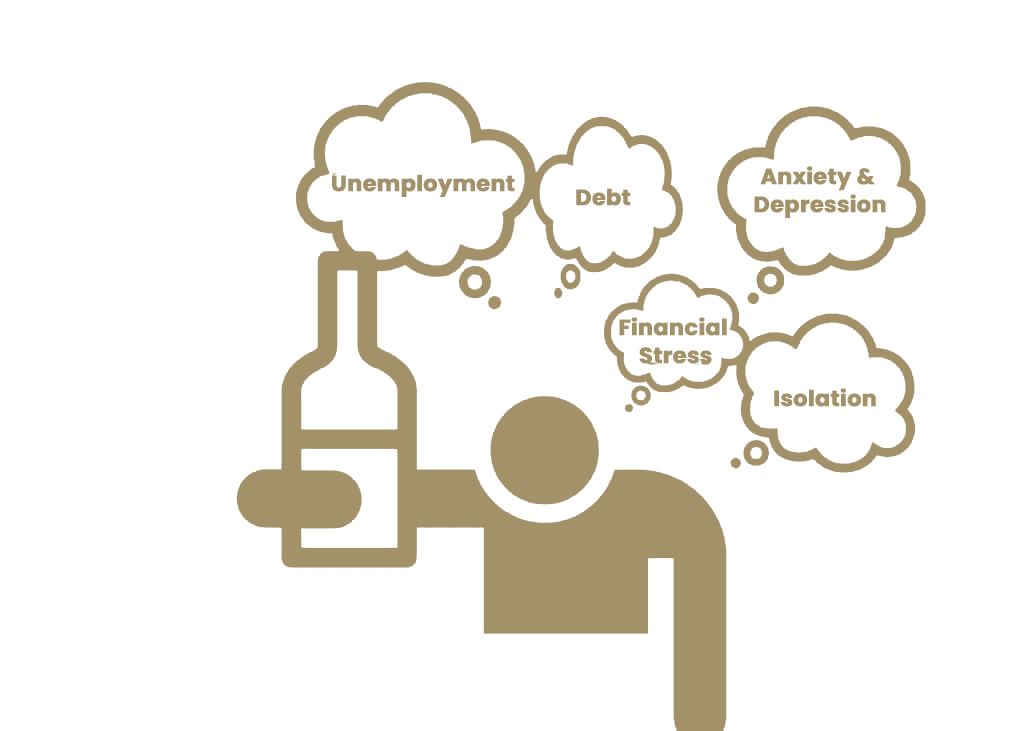
COVID-19 has activated several triggers for addiction, causing an increase in relapse. Some of these triggers include:
The National Institute of Drug Abuse (NIDA) identified circumstances encountered by those dealing with addiction during the pandemic. Some of these are structural, NIDA states. Historically, the healthcare system is ill-prepared to take care of patients diagnosed with addiction and comorbidities and co-occurring disorders.
Systematic inadequacies in healthcare hamper the provision and delivery of care to this underserved group who are already stigmatized for their addictions or treated with implicit bias. Furthermore, social distancing – a linchpin for controlling the pandemic – interferes with the conditions and social support systems people need to maintain sobriety, stay in recovery, and prevent relapse.

The use of alcohol and drugs compromises the body, its immunity to disease, and its ability to fight disease, making it vulnerable to infections and worse outcomes. “COVID-19 could hit some populations with substance use disorders particularly hard,” according to NIDA.
Because the coronavirus that causes COVID-19 compromises lung health, those who smoke tobacco or marijuana, or vape significantly are deemed vulnerable. Early evidence shows that when vaping, lung cells are exposed to aerosols from e-cigarettes that can harm cellular form and function and compromise the ability of lungs to respond to infection. A Study in The Journal of Clinical Investigation found that influenza virus-infected mice exposed to these aerosols had enhanced tissue damage and inflammation.
Opioid and methamphetamine use at high doses also affect respiratory and pulmonary health. Opioids provoke the brain stem and result in slow breathing that may cause life-threatening and fatal overdoses. It may also cause a dangerous decrease in oxygen in the blood, resulting in brain damage. Coronavirus patients are already vulnerable to respiratory dysfunction that require the use of ventilators for breathing. Thus, individuals suffering from opioid use disorders who have chronic respiratory disease are doubly jeopardized when they contract COVID-19 virus.
Methamphetamine use also carries a high risk for those who contract the coronavirus. Constriction of blood vessels resulting from frequent methamphetamine causes pulmonary damage and pulmonary hypertension. Thus, COVID-19 which compromises respiratory health can endanger this population of users.
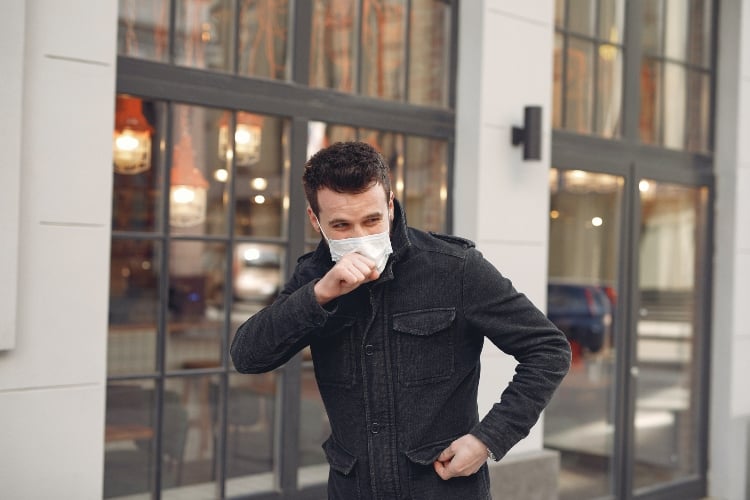
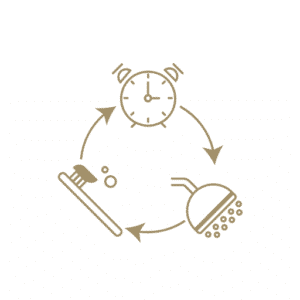
Create order out of chaos with established daily routines instead of unscheduled days modeled on vacations
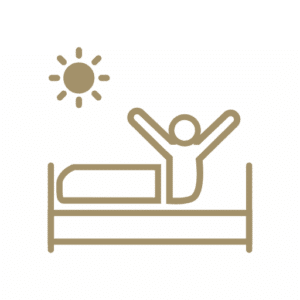
Set clear waking and seeping schedules
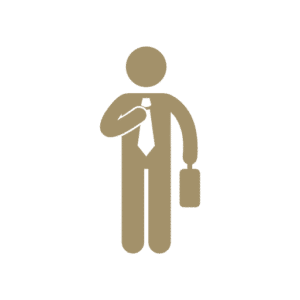
Dress and groom as you would have prior to the pandemic when you went out in public. No sitting in pajamas all day.
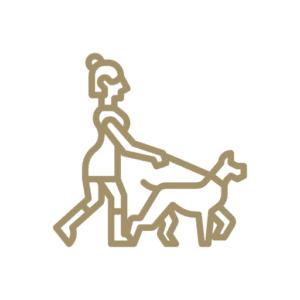
Jolt your body into action when you feel the urge to relapse. Try exercise, going outside for at least 20 minutes a day, eat healthy and don’t overindulge.
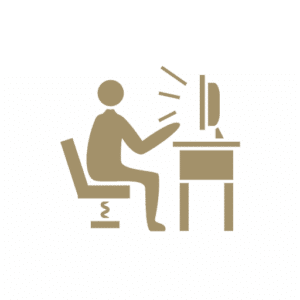
Join online AA and NA groups to stay sober and call your sponsor.
The foundation of sobriety and relapse prevention is the antithesis of social distancing. It is built on the pillars of individual and group support, AA and NA meetings, interpersonal relationships with counselors, mentors, peers and others in recovery, and personal meetings with sponsors and counselors. When the rich, warm, supportive, nurturing, non-judgmental environment of physically present fellowship and solidarity that are essential to recovery and sobriety, are diminished or replaced by virtual substitutes, individuals in recovery are faced with an obstacle course to stay sober.
Self-quarantine, sheltering in place, and disrupted addiction treatment may prevent access to syringe services, medications, and other support needed by those suffering from alcohol and substance disorders.
Finally, those afflicted by alcohol and substance use disorders who may also experience housing insecurity, homelessness, or incarceration are more likely to contract the virus or transmit it through social spread.
The communal setting of rehabs with their shared spaces, double and triple occupancy housing, and group meetings make them vulnerable to the spread of COVID-19. Though drug rehabs nationwide reported incidents of Coronavirus outbreaks, especially in the early stages before safety protocols were established, they have been spared fatalities of the kind seen in nursing homes. Many people requiring drug or alcohol rehab stayed away for fear of contracting COVID-19
According to the National Association of Addiction Treatment Providers, many of its roughly 1,000 members saw their patient numbers down by much as 40% to 50% in March and April before bouncing back to 80%.
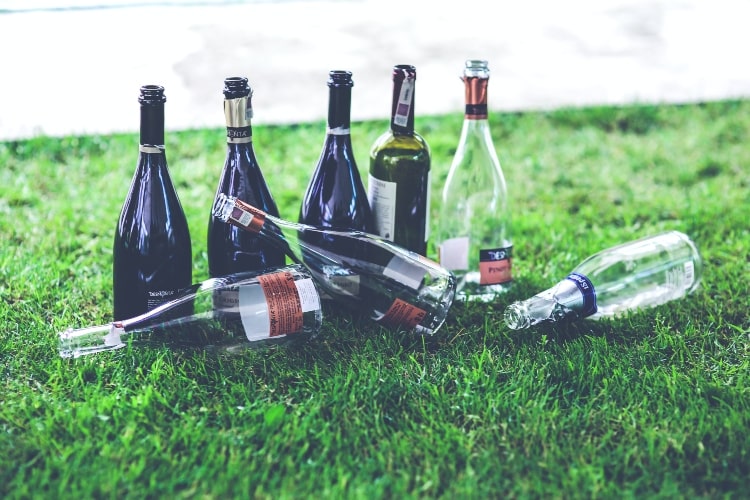
With the increase in cases of addiction and relapse as a result of the pandemic, rehab treatment is not a service that can be closed down without fatal consequences. Indeed, addiction treatment during the pandemic is essential and critical healthcare for those in need.
The addiction treatment field has worked at hyper speed in trying to understand the dimensions and implications of the pandemic, and to address the needs of those with alcohol and substance abuse disorders with best practices, protocols, programs, and procedures to help protect them against COVID-19, while also treating their disorders and helping them achieve sobriety, maintain their recovery, and avoid relapse.
A major study by the American Journal of Managed Care concluded that the escalation of the pandemic required –
"a novel treatment approach to substance abuse disorders - one that invests an early and robust bolus of health care resources to help patients address the factors that made them susceptible to opioid reliance and dependency in the first place."
The alternative treatment approaches recommended by the study are plans, processes, and protocols that New Leaf Detox and Treatment already integrates into their programs of care. Our levels of care tailored for each patient’s individual needs include detox, rehab, alcohol addiction treatment, and holistic drug and alcohol addiction treatment.
Guided by Trauma Informed Care, we use an array of treatment modalities including medication-assisted treatment, psychotherapy, and physical recovery as well as a wide range of wraparound education and support programs to help and lead those in recovery to fully actualized sober lives.
Emotional resiliency building to those suffering from acute anxiety during the pandemic through a cornucopia of treatment modalities including individual and group counseling, education programs, trauma-focused therapy groups, and process groups, and activities.
Pandemic-induced stress related to personal health, healthcare, financial insecurity due to job stoppage, reduction, or loss, the halt to education and other life routines are addressed through stress reduction education and activities.
Health education is an essential part of our treatment for those afflicted by alcohol and substance abuse disorders who are especially vulnerable to the virus.
Socially distanced individual and group treatments to foster human connections.
Access to gold standard of care opioid alternatives like Buprenorphine, Sublocade, and Naltrexone.
Integrated interdisciplinary modalities to encourage self-reliance when peer support is not available.
Promotion of technology, virtual communities, and tribes from AA and NA to peer groups.
Promotion of appropriate and sustainable socially distanced physical activity.
New Leaf Detox and Treatment works diligently to prevent social spread and transmission of the coronavirus in our treatment center. Thus, it adheres to all Center for Disease Control guidelines for preparedness for workers and patients and their safety.
Our philosophy at New Leaf Detox and Treatment is to equip our clients with the knowledge, life skills, spiritual tool kit and emotional support they need, to produce a meaningful character transformation necessary for sustained long-term recovery.
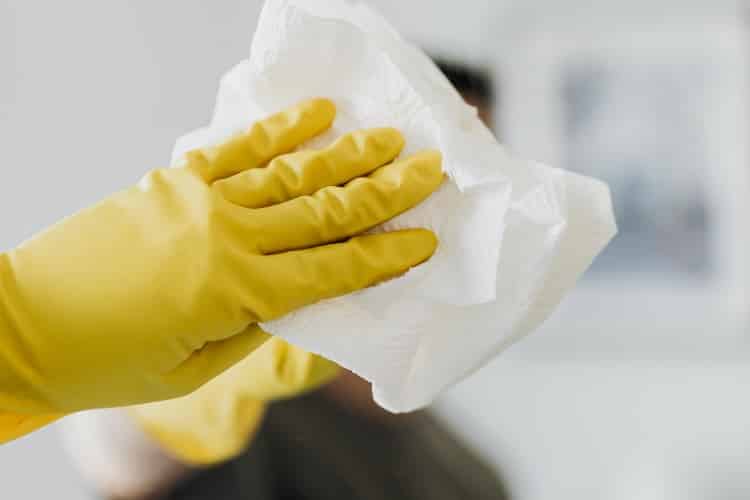
Together we work diligently with our clients to uncover, discover, and discard; to unearth the authentic self in each client, healing the underlying causes of addiction. We wish for everyone who walks through our doors to receive the full array of tools, specific treatment, and vital resources they need to live their best life, free of pain and addiction.
New Leaf Detox and Treatment
63 Mallorca, Laguna Niguel,
CA, 92677
(844) 929-0067